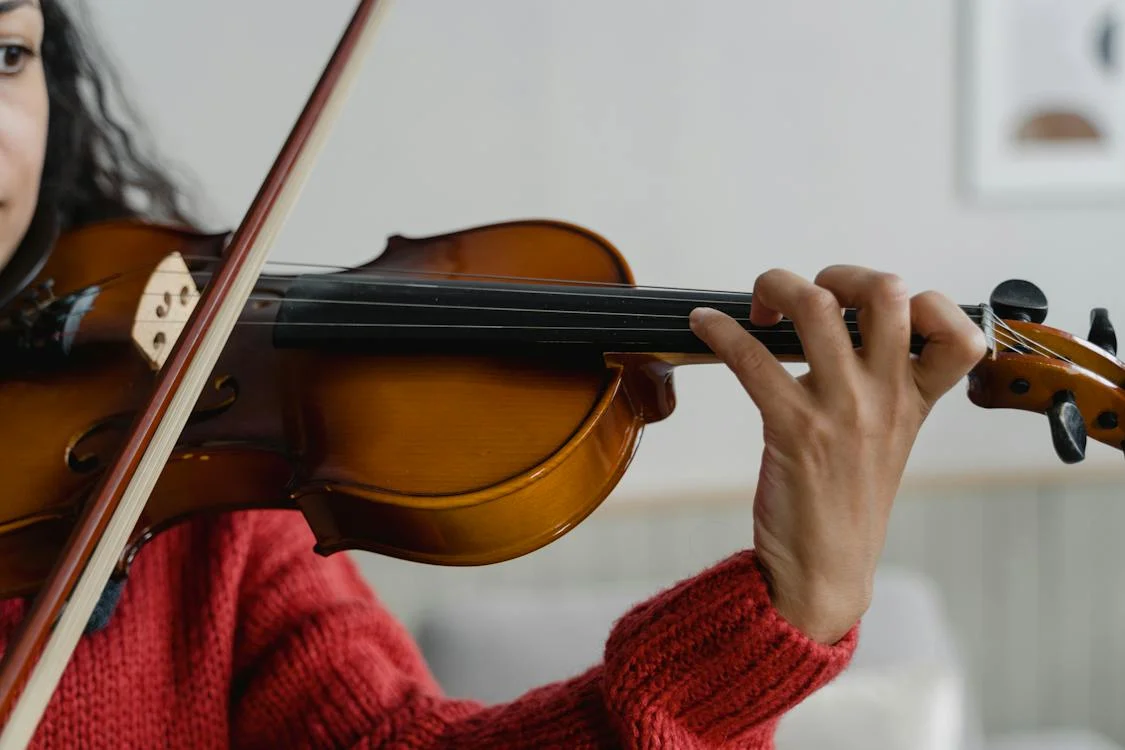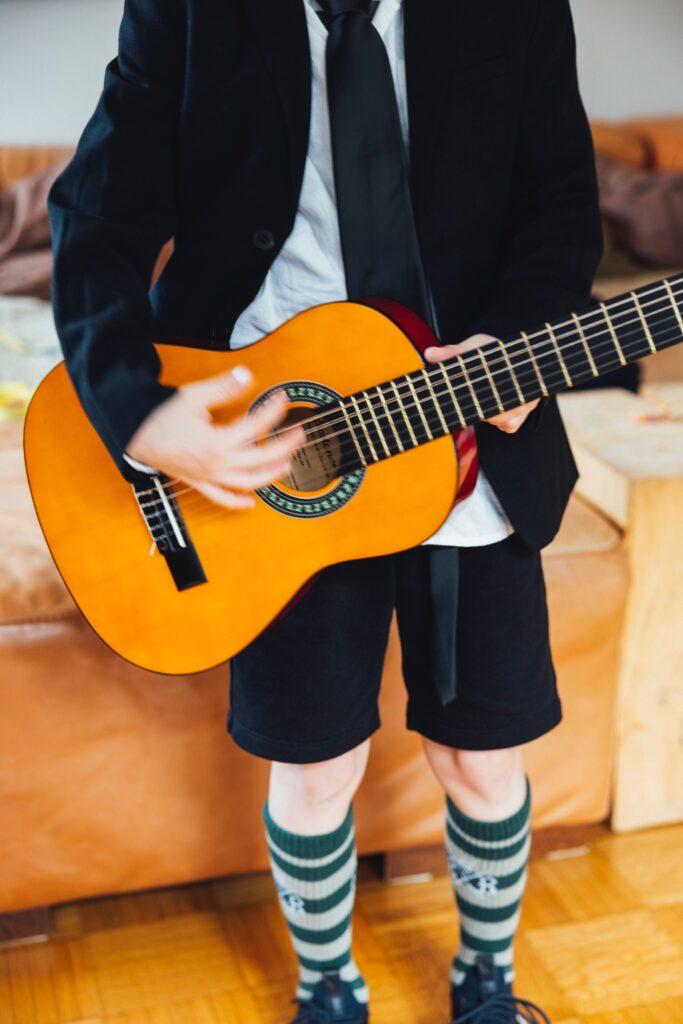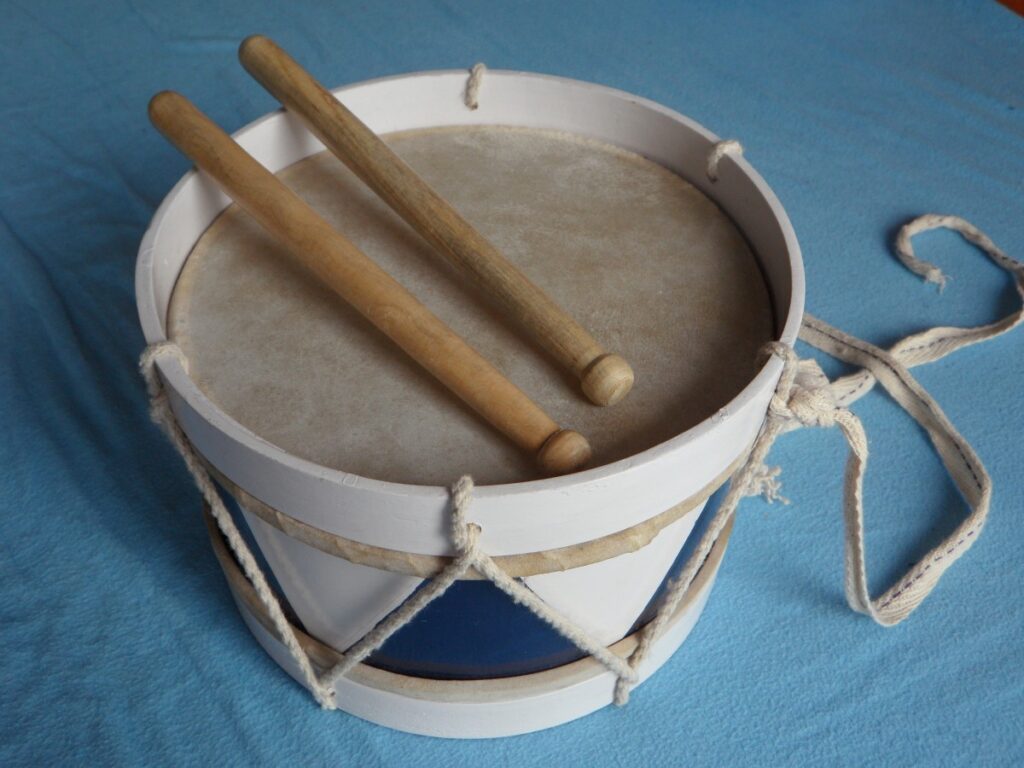Age plays a very significant role in learning how to play a new instrument. Not only that, but also skills such as finger dexterity and the ability to communicate clearly with the instrument tutor are extremely vital. Generally speaking, however, most kids require 6-12 months to get past the first level of learning their instrument. With the online classes, kids can easily learn how to play congas or any other musical instrument, sitting at home.
You must keep in mind that children who are 9-12 years old make a lot more progress than kids younger than 9 years old because of their more-developed finger dexterity and mental skills, so just because a child has been learning an instrument since 5 years old doesn’t mean they’ll play it well. The sweet spot for learning most instruments is around 6-7 years old.
The following paragraphs help shed light on the average time frame required for a child to learn some of the most popular musical instruments.
Here is our list of the best instruments to learn as a child.
Guitar
Without factoring in your child’s age, it should take around 6 months for your child to familiarize themself with the guitar and feel comfortable playing it. In that time frame, your kid should learn how to play basic chords with comfort and ease.
The younger your child, the more time they’ll need to familiarize themself with the guitar, or any other instrument, for that matter, so it’s not a good idea to have your kid learning how to play an instrument very young. Like we already mentioned, around 6-7 years old is ideal.
Snare Drum
Learning how to play the drums requires a ton of aptitude and work from a child, especially if the drum kit consists of a lot of components, from floor and rack toms to a giant bass drum. To learn how to play the drums, 10-12 months is the average time frame.
You can have your child focus on playing a single drum at a time, and the best way to start is by learning how to play the snare drum, which is an integral part of all drum kits. After learning how to play different types of drums, your child can then tackle the entire drum kit.
Piano
The piano is one of the best instruments for children to learn because it takes a relatively short amount of time to see results. If your child is a complete beginner, it should take them around 6 months to get good at playing the piano. The piano keys are a lot easier to operate than guitar strings, for example, and so your child will find it more enjoyable.
Violin
With a proficient tutor, daily practice, and a great deal of aptitude, your child can begin to pick up violin tunes within only 3 months. However, to become great at playing the violin, it will take your child 3-5 years, which is really the case with all instruments if we’re talking about mastery.
Reasons Why Children Should Learn Musical Instruments
As your child embarks on a new challenge of learning new skills, it is best also to provide reasons why it is the right time for your child to learn to play musical instruments; here are the reasons why:
1. Playing Instruments Improve Memory
It has been widely studied and proven that playing an instrument improves memory. It improves cognitive memory as well as muscle memory. Learning an instrument requires using both the right and left brain, so letting your child play a musical instrument is the same way as stimulating different brain activities good for development. Further, musical instrument playing has been shown to improve neurotransmission between the left and right brain hemispheres, positively impacting motor skills, verbal reasoning, and non-verbal reasoning.
2. Music Relieves Stress
As children undergo different stages of development, they are often overwhelmed with unfamiliar emotions that sometimes lead them to react negatively. Music has a unique effect on children’s feelings. Studies show that music has a calming effect, lowering heart rate and blood pressure, reducing the stress hormone cortisol, and leading to a more relaxed mood. While learning a musical instrument may be at a certain point pressuring, the benefits of children focusing on rhythm and tunes offer positive physiological effects.
3. Offers a Sense of Confidence and Achievement
As with any new task, once your children start getting comfortable with what they are doing, they will gain confidence in completing it. This also applies to musical instruments. The more a child shows progress in learning to play a musical instrument, the more knowledge and understanding they will have about the beauty of music. This process leads to gaining more confidence in learning new things while getting a sense of achievement as they move forward in the learning process.
4. Improves Patience and Creativity
Playing an instrument requires patience, as it takes time to master the skill. Also, slowing down when initially playing a song is often necessary to improve accuracy. As your child learns, detours and mistakes will be part of the journey. Although your child may feel the frustration of how difficult learning to play a musical instrument could be and, in some cases, may even ask to quit, remember that your child is mastering patience. Further, your child may start to show creativity in handling an instrument, as it is innately possible for children to find their learning styles, especially if given the right stimulants and conditions. Plus, learning how to play a musical instrument is always fun!
Tips on Introducing Musical Instruments to Children
There is no universally right way to introduce a musical instrument to any child. Instead, we should adapt our approach according to a specific child’s interests, abilities, requirements, and so on. The following tips can help to develop a child’s curiosity about music and help them enjoy it more. Eventually, these practices could motivate a child towards learning a new instrument.
Have Music in their Daily Routine
One of the best ways to foster a love of music in a child is to make different tunes a part of their daily life. When a child regularly listens to music, he or she is more likely to absorb different musical concepts and recognize different pitches, melodies, rhythms, etc.
You may also try asking a child to make their own sounds with different items at home or even with their own voice. If they seem interested enough, they might agree to get an instrument when asked. However, the important thing here is not to push music or learning music on anyone who doesn’t want to go down that path. Children have higher chances of enjoying and sticking to music if it’s what they want rather than a decision that’s made for them.
Allow Them Choices
Some instruments are easier to play than others. You may want a child to pick up the ukulele instead of the guitar, as the former has softer strings. Air instruments are also tricky for children, as they have to be held up and blown into. However, this doesn’t mean that they can’t try such instruments every now and then.
It’s usually best to display a selection of instruments–piano, recorder, violin, drums, chimes–in front of a child and let them choose what they want to try out that day. Even if they pick up something a bit difficult, let them try it out.
Get a Skilled Teacher
A suitable music instructor should know how to teach the instrument to a child and also follow the proper techniques. Learning an instrument also requires the right posture and technique; without these, anyone playing an instrument may incur injuries in their hands, neck, or back. If you can afford it, go for private one-to-one lessons instead of the more economical group lessons; having some personalized attention will further help the child build a new skill.
Encouragement
Actively listen to the child’s practice, praise them, and acknowledge that they’re working hard. Mistakes will be made, but they can provide useful lessons instead of discouragement. While it’s fine to be a little critical, you might want to focus more on the positive points.
Finally, validate the child’s feelings even if they say that they want to quit. Try talking to them in private and attempt to find out the actual reason why they’re quitting. If they’re struggling, bored, or just don’t like the instruments, try brainstorming some ideas with the child’s teacher and see if you can rekindle their interest. Before letting them leave music practice completely, ask them about switching to a new instrument or trying out new tunes.
Final Thoughts
Of course, there are plenty of other instruments that your child can learn, but with the aid of the above-stated example, you should have a rough estimate of how long it takes to play a musical instrument.



